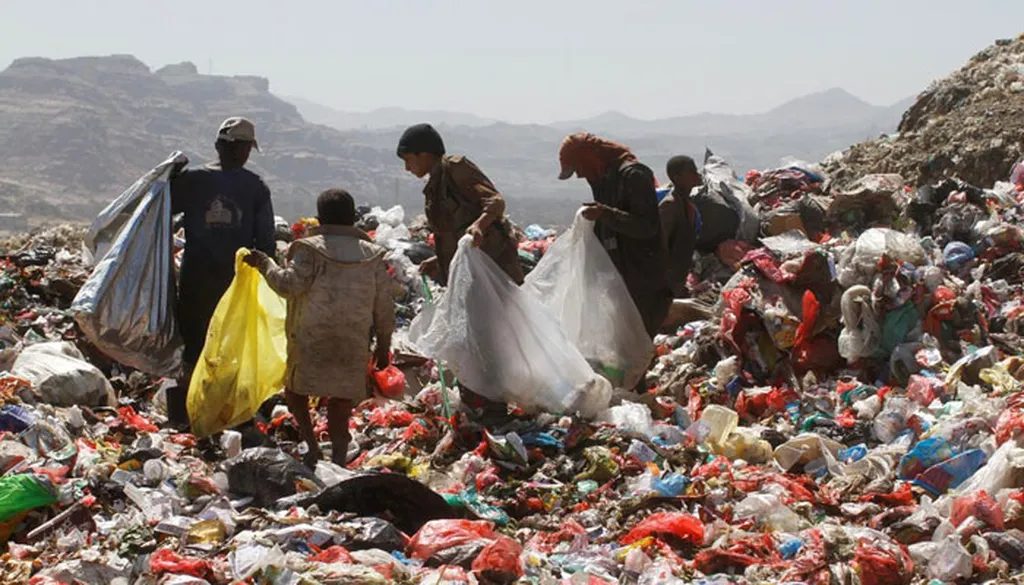In the heart of Pakistan, a groundbreaking study is turning the tables on waste management and biofuel production. Researchers, led by Khadija Sajid from the Sustainable Development Study Centre at Government College University in Lahore, have unveiled a promising pathway to convert the organic fraction of municipal solid waste (OFMSW) into bioethanol, a renewable fuel. This innovative approach not only addresses the pressing issue of waste disposal but also unlocks new economic opportunities for the agriculture sector.
Pakistan generates a staggering 71,000 kg of OFMSW annually, a figure that has long been a challenge for waste management systems. However, this waste could soon become a valuable resource. The study, published in *Energy Nexus*, demonstrates that 154 kg of bioethanol can be produced from every ton of organic waste. This transformation could significantly reduce the environmental burdens associated with current landfilling practices.
“By converting OFMSW into bioethanol, we are not just reducing waste; we are creating a sustainable fuel source that can contribute to energy security and economic growth,” Sajid explained. The research highlights substantial environmental benefits, including a reduction in climate change potential and other harmful emissions. For instance, integrating photovoltaic solar cells for electricity supply drastically cuts fine particulate matter emissions, showcasing the potential for cleaner energy production.
The economic implications are equally compelling. The study reveals an annual revenue potential of approximately USD 528,330 from bioethanol sales, a figure that could incentivize agricultural and waste management sectors to adopt this technology. “This is a win-win situation,” Sajid noted. “It’s good for the environment, good for the economy, and good for the community.”
The research also underscores the importance of life cycle assessment in evaluating the environmental sustainability of bioethanol production. By identifying key impact categories and hotspots, the study provides a comprehensive understanding of the process’s environmental footprint. This information is crucial for optimizing production methods and ensuring long-term sustainability.
Looking ahead, this research could shape future developments in the field of waste-to-energy technologies. The integration of life cycle modeling offers a robust framework for assessing the environmental and economic viability of similar projects. As countries worldwide grapple with waste management and the transition to renewable energy, Pakistan’s innovative approach could serve as a model for other nations.
The study’s findings align with several United Nations Sustainable Development Goals, including responsible consumption and production, affordable clean energy, and climate action. By advancing sustainable bioethanol production from organic waste, Pakistan is taking a significant step towards a circular economy, where waste is minimized, and resources are used efficiently.
As the world continues to seek sustainable solutions to pressing environmental challenges, this research offers a beacon of hope. By turning waste into a valuable resource, Pakistan is not only addressing its waste management issues but also paving the way for a greener, more sustainable future. The study, led by Khadija Sajid and published in *Energy Nexus*, is a testament to the power of innovation and the potential for transformative change in the agriculture and waste management sectors.

